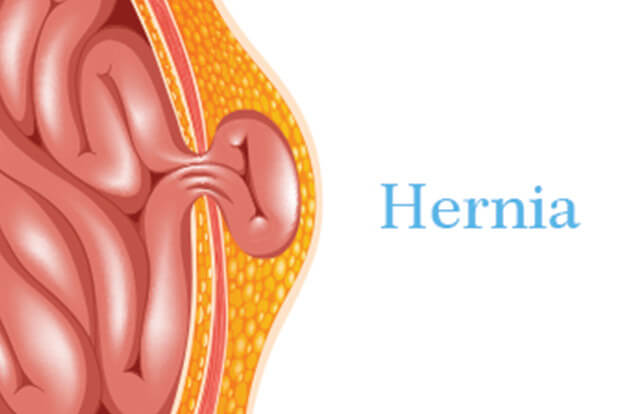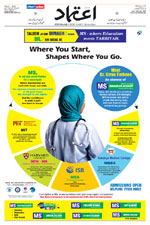Diabetes during pregnancy can increase risk of autism, neurodevelopmental disorders in children: Lancet study
Wed 09 Apr 2025, 00:12:41

A recent study has found that having diabetes during pregnancy could be associated with an increased risk of neurodevelopmental disorders in the child such as autism. The study was published in The Lancet Diabetes and Endocrinology journal and conducted by researchers from Central South University, China.
The findings of the study say that children who are exposed to maternal diabetes were at a 25 per cent increased risk of developing autism spectrum disorder, 30 per cent increased risk of attention-deficit hyperactivity disorder and 32 per cent increased risk of intellectual disability, compared to those not exposed.
The study also found that maternal diabetes was also found to increase the risk of communication, learning and motor disorders among exposed children. However, the researchers, called for a cautious interpretation of the study's results as they said there is currently little evidence of a causal link.
Previous studies have suggested that maternal diabetes is linked to altered development of the foetus' brain and may also be linked to long-term neurodevelopmental disorders in children such as autism and ADHD. The researchers said, however,
evidence in this regard has been unclear.
evidence in this regard has been unclear.
For the study, they analysed data of over 56 million mother-child pairs from more than 200 previously published studies which looked at the effects of maternal diabetes on children's neurodevelopment. Overall, children of mothers with diabetes in pregnancy had a 28 per cent increased risk of having a neurodevelopmental disorder, compared to children of mothers without diabetes, the team found.
They said the findings provide important insights into the potential risks faced by children of mothers with diabetes. The authors emphasised the importance of medical support for women at risk of developing diabetes and continuous monitoring of their children.
The team also called for further research to look deeper into the link between maternal pregnancy and neurodevelopmental disorders in children, which could help establish the reason for this association.
Even though neurodevelopmental disorders become evident early during a child's development, they are increasingly being recognised as neurological conditions that are present lifelong and significantly impact one's functioning and quality of life as an adult.
No Comments For This Post, Be first to write a Comment.
Most viewed from Health
AIMIM News
Latest Urdu News
Most Viewed
May 26, 2020
Do you think Canada-India relations will improve under New PM Mark Carney?
Latest Videos View All
Like Us
Home
About Us
Advertise With Us
All Polls
Epaper Archives
Privacy Policy
Contact Us
Download Etemaad App
© 2025 Etemaad Daily News, All Rights Reserved.






























